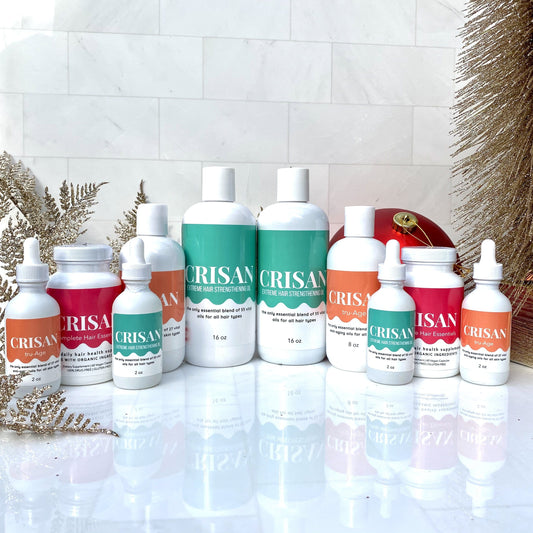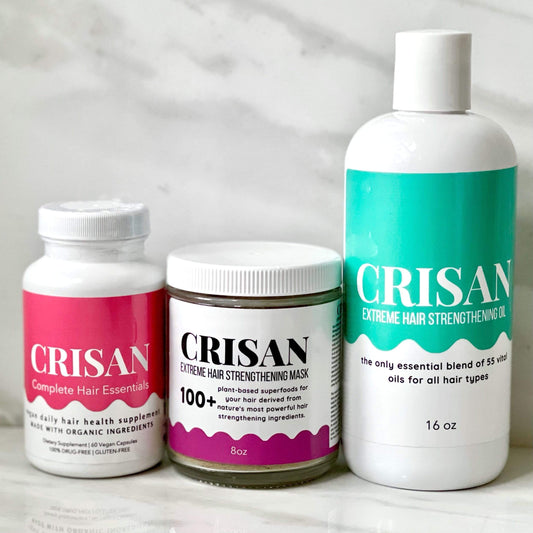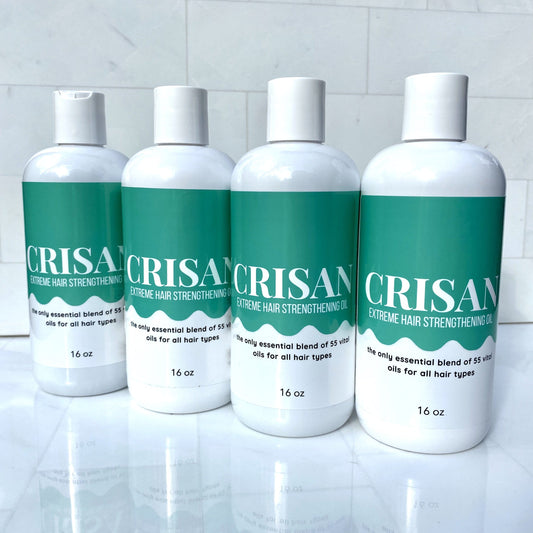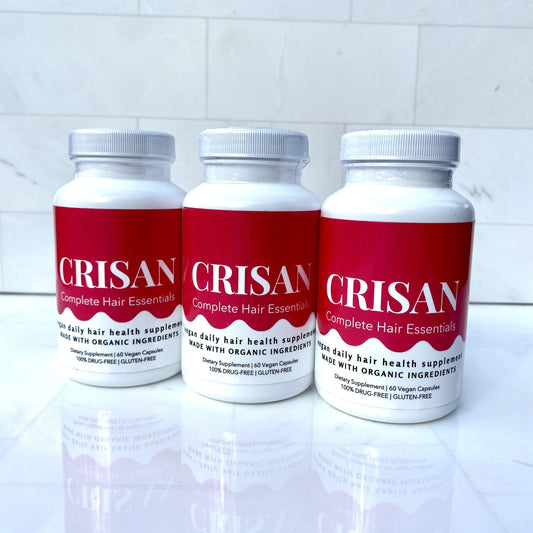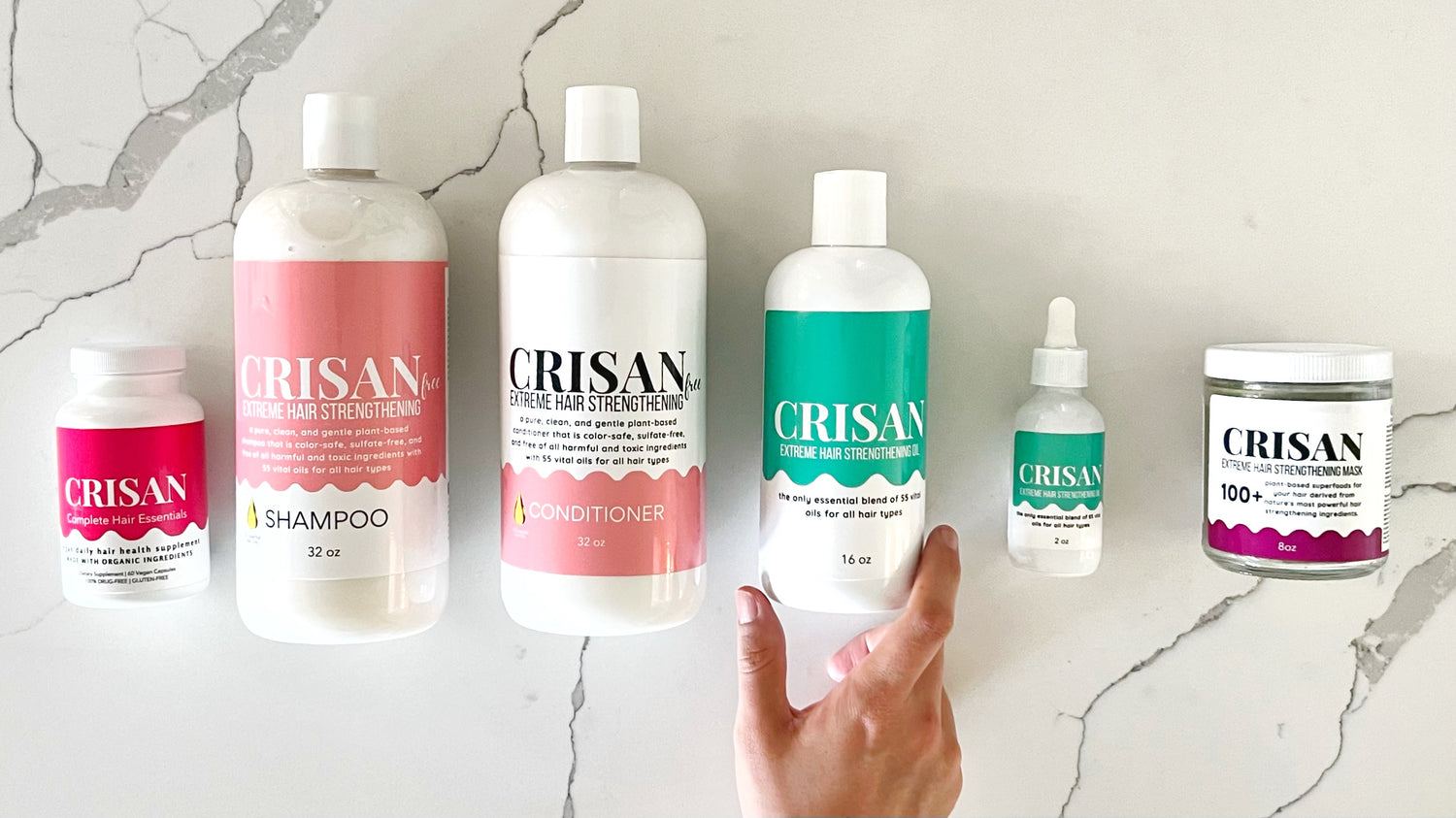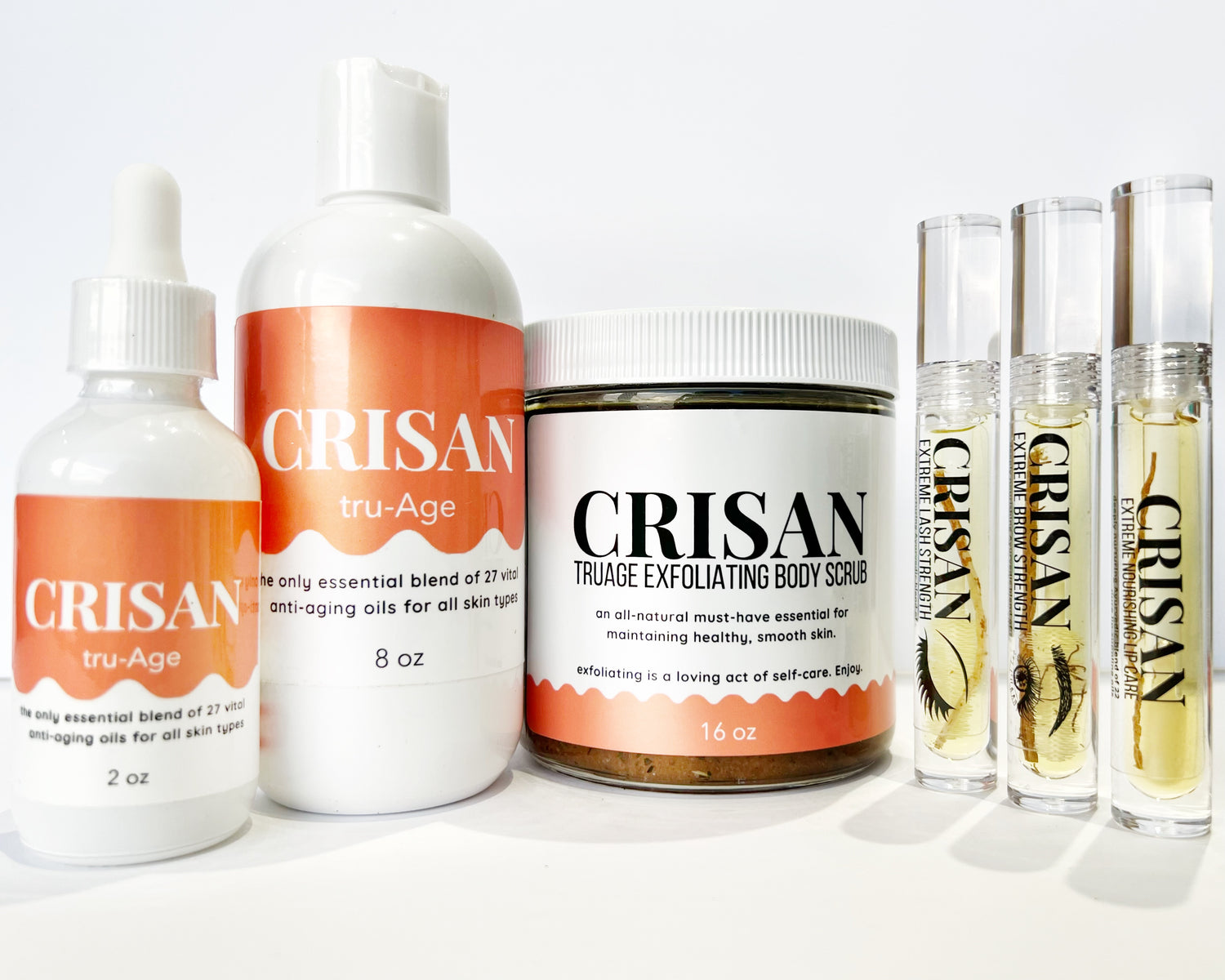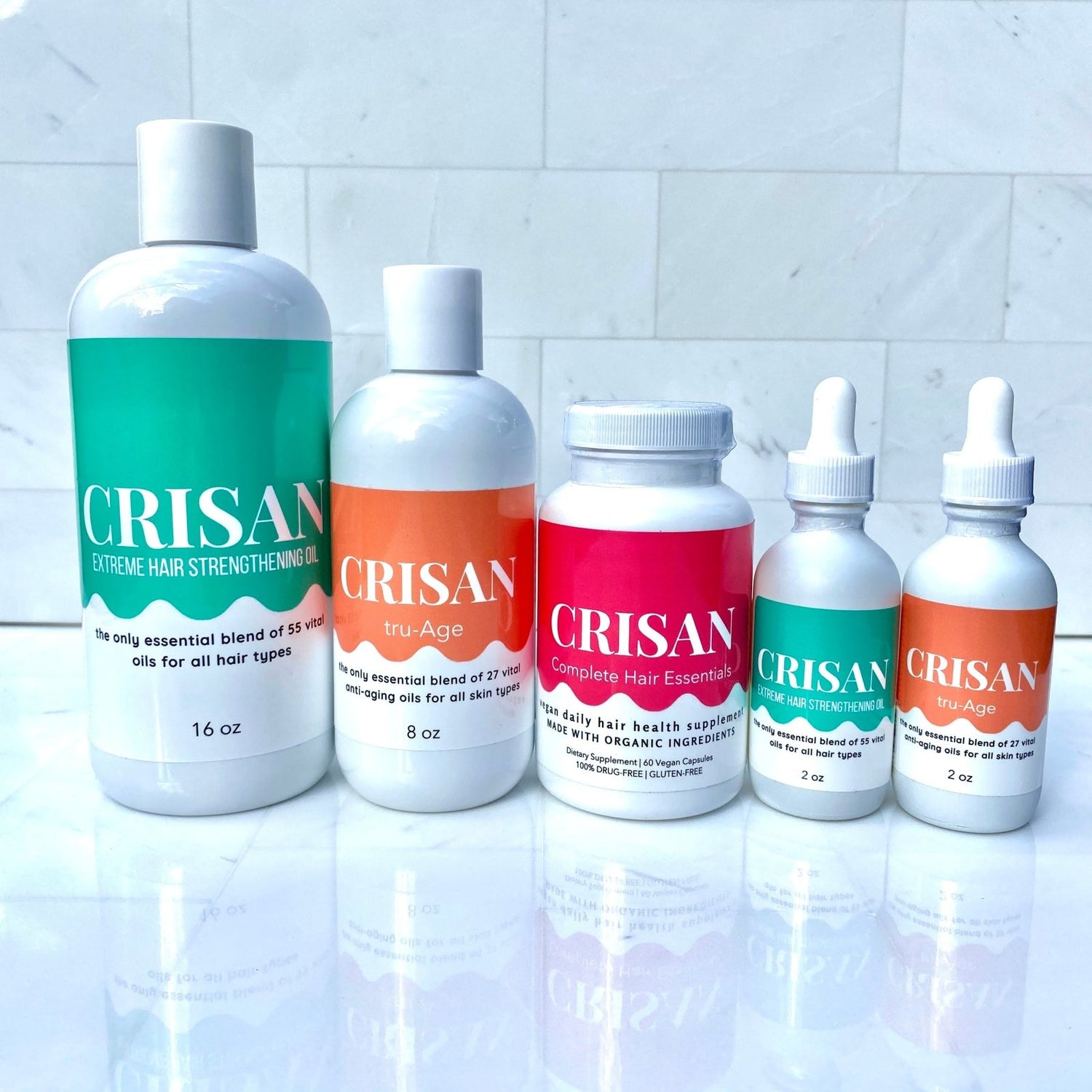Thinning hair is a common concern that affects people of all ages and genders. While it can be distressing, there are natural ways to care for thinning hair and promote healthier, fuller locks. This article will explore various methods, from nourishing your hair from within to adopting gentle hair care practices and utilizing natural remedies. By understanding the causes of thinning hair and making lifestyle changes, you can support your hair's health and manage thinning hair more effectively.
Key Takeaways
- Maintaining a balanced diet rich in essential nutrients can significantly support hair growth and reduce thinning.
- Gentle hair care practices, such as using mild products and minimizing heat exposure, are crucial for preventing further damage.
- Natural remedies, including herbal treatments and essential oils, can promote scalp health and encourage hair growth.
- Managing stress through relaxation techniques and mindfulness can positively impact hair health.
- Understanding the underlying causes of thinning hair is essential for choosing the appropriate treatment and knowing when to seek professional advice.
Nourishing Your Hair from Within
Essential Nutrients for Hair Growth
Ensuring your hair follicles thrive in a healthy environment starts with a diet rich in vitamins, minerals, and proteins. Biotin, zinc, iron, vitamin D, vitamin E, vitamin C, and protein are crucial for optimal hair health. A blood test can help determine if you have a nutrient deficiency that might be affecting your hair growth.
Foods to Include in Your Diet
Incorporate foods that are rich in essential nutrients to support hair growth. Some of the best options include:
- Eggs: High in protein and biotin
- Spinach: Rich in iron and vitamins A and C
- Fatty fish: Packed with omega-3 fatty acids and vitamin D
- Nuts and seeds: Great sources of vitamin E and zinc
- Sweet potatoes: High in beta-carotene
Hydration and Hair Health
Staying well-hydrated is vital for maintaining healthy hair. Water helps transport essential nutrients to your hair follicles, promoting growth and strength. Aim to drink at least 8 glasses of water a day to keep your hair and scalp hydrated.
Remember, healthy hair is dependent on your overall good health. In cases of malnourishment or with certain eating disorders, new hair may fail to generate from follicles.
Gentle Hair Care Practices
You may ask - how can I be more gentle to my hair? Let's take a look:
Choosing the Right Hair Products
Selecting the appropriate hair products is crucial for maintaining the health of thinning hair. Opt for organic hair care products for women with thinning hair, which are designed to be gentle and nourishing. Look for shampoos and conditioners that are free from harsh chemicals and sulfates. These products can help protect your hair from further damage and promote a healthier scalp.
Minimizing Heat and Chemical Exposure
Excessive use of heat styling tools and chemical treatments can exacerbate hair thinning. To minimize damage, limit the use of hair dryers, straighteners, and curling irons. If you must use these tools, apply a heat protectant spray beforehand. Additionally, avoid chemical treatments such as perms and relaxers, which can weaken the hair shaft and lead to breakage.
Proper Hair Brushing Techniques
Brushing your hair correctly can make a significant difference in its health. Use a wide-toothed comb or a brush with soft bristles to detangle your hair gently. Start from the ends and work your way up to avoid pulling and breaking the hair. It's also beneficial to brush your hair only when necessary to prevent unnecessary stress on the hair strands.
Treat your hair with care and patience. Gentle handling can go a long way in preserving the health and appearance of thinning hair.
Natural Remedies to Promote Hair Growth
When it comes to promoting hair growth naturally, there are several effective remedies that can help. These remedies not only nourish your hair but also improve scalp health, making it easier to achieve thicker, healthier hair.
Herbal Treatments for Thinning Hair
Herbs have been used for centuries to treat various hair issues. Bhringraj oil is known for its ability to stimulate hair growth and reduce hair loss. Another popular remedy is onion juice, which is rich in sulfur and helps in regenerating hair follicles. Garlic and capsicum are also beneficial for improving blood circulation to the scalp.
Essential Oils for Scalp Health
Essential oils are a great way to improve scalp health and promote hair growth. Rosemary oil, for instance, is known to increase blood circulation, while peppermint oil can help in stimulating hair follicles. If you're wondering how to use organic essential oils for hair thinning, simply mix a few drops with a carrier oil and massage it into your scalp.
DIY Hair Masks and Treatments
Creating your own hair masks at home can be both fun and beneficial. A popular DIY treatment is a coconut oil and honey mask, which provides deep conditioning and strengthens hair. For those interested in how to make homemade organic hair growth serum, combining aloe vera gel with essential oils can be highly effective.
Using natural remedies not only helps in promoting hair growth but also ensures that you are not exposing your hair to harmful chemicals. This holistic approach can make a significant difference in the health and appearance of your hair.
Stress Management for Healthier Hair
Long-term stress can significantly damage your health, including your hair. Researchers believe that cortisol, a stress hormone released by your adrenal glands, may disrupt your hair growth cycle. Chronic stress can lead to conditions like telogen effluvium, alopecia areata, and trichotillomania, all of which contribute to hair thinning.
To help manage stress, it's important to take some time for yourself. Consider engaging in activities such as meditation, yoga, or a relaxing hobby you enjoy. These practices can help lower cortisol levels and promote a sense of well-being. You may also consider talking with a therapist if you're having a difficult time with chronic stress.
Mindfulness practices, such as deep breathing exercises and progressive muscle relaxation, can be beneficial. These techniques not only help in reducing stress but also improve circulation, ensuring that your hair follicles receive a steady supply of oxygen and nutrients. Mindfulness can be a powerful tool in your journey to healthier hair.
Understanding the Causes of Thinning Hair
Thinning hair typically happens gradually, giving you time to identify the causes and determine the best treatment measures. Understanding the underlying reasons for hair thinning is crucial for finding effective natural solutions.
Common Reasons for Hair Thinning
Hair thinning can be attributed to various factors, including lifestyle habits, genetics, and hormonal changes. Nutritional deficiencies, stress, and certain medical conditions also play a significant role. Identifying the specific cause often requires consulting a healthcare professional for proper diagnosis and treatment.
Identifying Underlying Health Issues
Medical conditions such as thyroid imbalances, menopause, and other hormonal disruptions can lead to thinning hair. It's essential to address these underlying health issues to support hair health and promote regrowth. Sometimes, treating the root cause, like a vitamin deficiency, can significantly improve hair thickness.
When to Seek Professional Advice
If you're experiencing persistent hair thinning, it's advisable to seek professional advice. A healthcare provider can help you pinpoint the exact cause and recommend appropriate treatments. This may include topical products, prescription medications, or lifestyle changes. Remember, understanding the causes is the first step towards finding effective natural solutions for hair thinning.
Hairstyling Tips to Conceal Thinning Hair
When dealing with thinning hair, the right hairstyle can make a significant difference in how full your hair appears. A good haircut and a few easy styling tricks can easily fake fullness. Here are some tips to help you achieve a voluminous look:
Haircuts that Add Volume
Consider asking your hairdresser for face-framing layers that mask fine hairlines. If you prefer not to go shorter, long or short layers can make a world of difference. Trimming off even a couple of inches will instantly add volume and get rid of the excess weight of longer hair, helping to hide any thinning areas.
Styling Products for Fuller Hair
Using the right products can also help create the illusion of thicker hair. Volumizers and dry shampoos can give your hair a boost at the roots. Additionally, spray-on root touch-up products or even eyeshadow can camouflage thinning areas. Brush on a root touch-up for a quick, easy fix.
Creative Parting and Layering Techniques
Changing your part frequently can give your hair a lift and make it appear fuller. Experiment with different parting styles and layering techniques to find what works best for you. This can be a simple yet effective way to disguise thinning hair.
While you may be focused on reversing thinning hair, it’s also important to practice good hair care techniques. Consider gentle hair products when available, and comb and brush hair only when needed. Limiting the use of heated styling tools and tight hairstyles can also place less stress on your hair.
Lifestyle Changes to Support Hair Health
The Role of Sleep in Hair Growth
Adequate sleep is crucial for overall health, including hair health. During sleep, the body undergoes repair and regeneration processes, which are essential for hair growth. Ensuring you get 7-9 hours of quality sleep each night can significantly impact the health of your hair. Poor sleep can lead to increased stress levels, which may exacerbate hair thinning.
Exercise and Circulation
Regular physical activity improves blood circulation, which in turn helps deliver essential nutrients to hair follicles. Engaging in exercises like cardio, yoga, or even brisk walking can enhance blood flow to the scalp, promoting healthier hair growth. Additionally, exercise helps reduce stress, which is beneficial for maintaining hair health.
Avoiding Harmful Habits
Certain habits can negatively impact hair health. Smoking, for instance, may exacerbate hair loss by increasing inflammation in the body. Reducing or quitting smoking can help improve hair health. Similarly, excessive alcohol consumption can lead to dehydration and nutrient deficiencies, which can affect hair growth. Adopting a balanced, healthy lifestyle can make a significant difference in the condition of your hair.
Small lifestyle changes, such as improving your diet and getting regular exercise, can have a profound impact on your hair health. Remember, consistency is key to seeing long-term results.
Making small lifestyle changes can have a big impact on your hair health. From incorporating a balanced diet rich in vitamins to using the right hair care products, every step counts. Discover our range of specialized products designed to support your hair's natural beauty. Visit our website to explore more and take the first step towards healthier hair today!
Conclusion
Caring for thinning hair naturally requires a holistic approach that encompasses a balanced diet, gentle hair care practices, and stress management. By understanding the underlying causes of hair thinning and adopting appropriate natural remedies, you can promote healthier hair growth and reduce hair loss. Remember, patience and consistency are key, as natural methods may take time to show results. If you find that your hair thinning persists, consulting with a healthcare professional can provide additional guidance and support. Embrace this journey with compassion and care for yourself, knowing that you are taking positive steps towards healthier, fuller hair.
Frequently Asked Questions
How can I naturally regrow thinning hair?
To naturally regrow thinning hair, maintain a balanced diet rich in essential nutrients, practice gentle hair care techniques, and reduce stress. Foods like eggs, nuts, leafy greens, and avocados can promote hair growth.
What are the best foods for hair growth?
Foods that are beneficial for hair growth include eggs, nuts and seeds, leafy greens, berries, avocados, and legumes. These foods are rich in vitamins and minerals that support hair health.
How does stress affect hair health?
Stress can push hair follicles into a resting phase, leading to hair shedding and thinning. Managing stress through relaxation techniques and mindfulness can promote healthier hair.
What natural remedies can promote hair growth?
Natural remedies for promoting hair growth include herbal treatments, essential oils like rosemary and peppermint, and DIY hair masks made from ingredients like honey, avocado, and olive oil.
When should I seek professional advice for thinning hair?
You should seek professional advice if you notice sudden or severe hair thinning, if you have underlying health issues, or if natural remedies and lifestyle changes do not improve your hair condition.
How can I style my hair to conceal thinning areas?
To conceal thinning areas, consider haircuts that add volume, use styling products designed for fuller hair, and experiment with creative parting and layering techniques.


